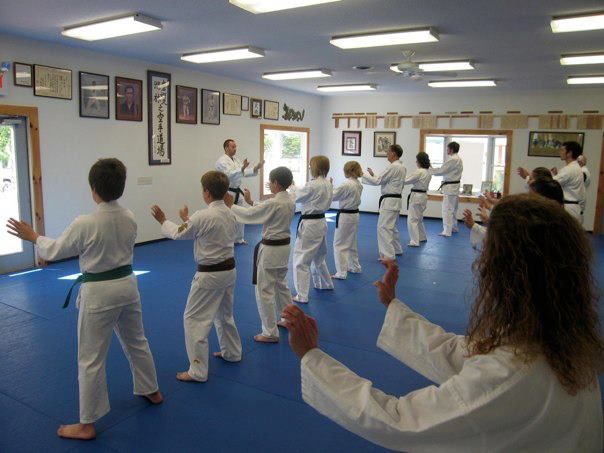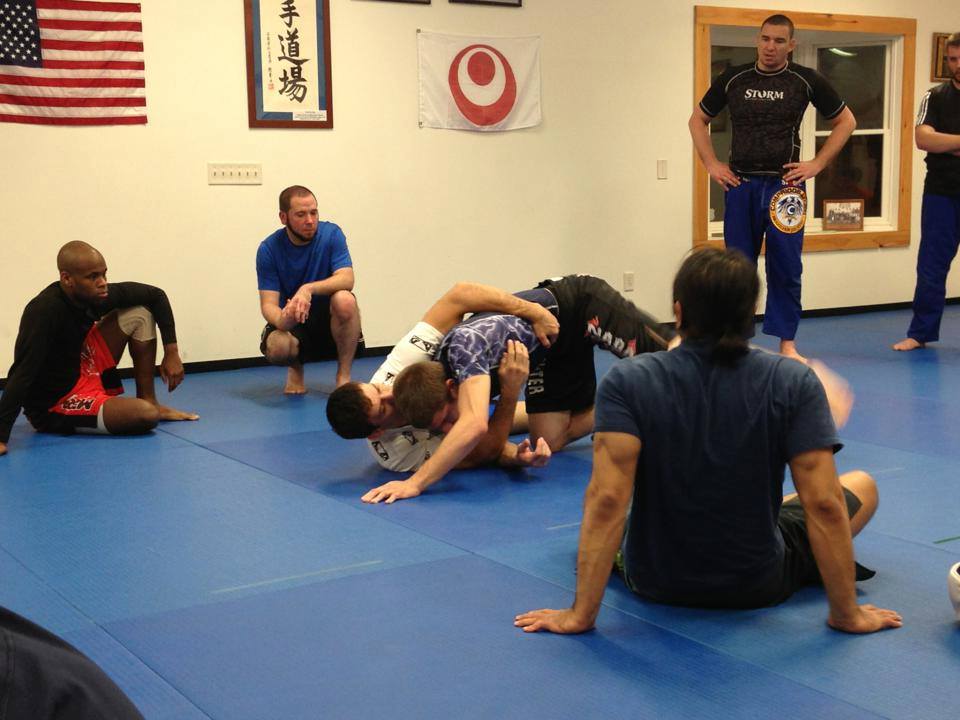
Having our lives drastically changed for a long period can shake us completely out of our ‘comfort zone.’ With the infection rates going up and down we can be thrown into elevated levels of stress, fear, and anxiety that we’ve never experienced before. Adding a lack of exercise and sleep, unhealthy eating habits, and even possible substance abuse can complicate and compound these problems.
Luckily, there are some intelligent strategies we CAN use to help us cope with this and minimize the effects of COVID Fatigue. Here are some to be mindful of:
You’re not alone - Its important to remember that we’re not alone in this. There are literally hundreds of millions of people around the globe who are dealing with the pandemic and a spectrum of it’s effects. Knowing that we are together in the COVID19 struggles can help a lot.
Stress is normal - Knowing that stress, anxiety and fear are normal reactions can put things in perspective for us. With better perspective we can keep our emotions in context and help us to stay calm and focused during the challenging times.
Take Breaks - When we feel stressed a pays to stop what we’re doing and take a moment to calm ourselves down. Taking deep breaths, a short mediation, or stretching will also help. There are even phone apps and the like that we can get to help with this. Its important during these moments to observe how you are feeling and what you are thinking, without judgment. Instead of responding or reacting to those thoughts or feelings, note them, and then let them go.
Humor - Often times keeping a sense of humor during severe challenges in our lives can relieve stress and anxiety. There are many things about the pandemic that are just not funny, but we should try to laugh whenever possible in our day to day routines.
Downtime - Under normal circumstances its important to schedule downtime into your life. With all of the craziness that the pandemic has thrown at us this is critical to maintaining our mental and physical health. Be sure to plan ahead and include enjoyable activities and vacations on your calendar. Sometimes that can simply be relaxing at home for a ‘stay-cation.’
Exercise - A routine of moderate-to-vigorous physical activity reduces anxiety and stress. ‘Mindful’ exercise which engages the mind, body and spirit is best to thoroughly engage you and take you away from stressors in your life. Even short bouts of physical activity are beneficial.
Sleep - Setting a healthy routine for ourselves is one of the most important things we can do to stay healthy physically and mentally. Set a target time to go to bed each night and get up at the same time each morning, including on the weekends. Slight variation is OK, but we don’t want to slide into situations where we are operating in a ‘sleep deprived’ mode and stressing our body and mind because of it. Regular exercise and natural sleep aids can helps us sleep well.
Eat healthy - Educate yourself on healthy eating habits. Eat well-balanced meals and limit portions. Add healthy fats, cut sodium, bump up your fiber, and aim for a variety of colors on your plate. Controlling your intake in this way will go a long way to staying happy and healthy. Avoid alcohol and drug abuse.
Stay connected - Reach out to friends and family regularly. Talking to like-minded people on the phone or by video-call is a great way to stay connected while staying safe. Talk with people you trust about your concerns and how you are feeling. Check in with your loved ones often. It will help everyone feel less lonely and isolated.
Pet Pets - Its proven science that spending time with our pets tends to make us feel happier, and lower our stress levels. Playing with the cat or taking the dog for a long walk will do wonders in this way. If you don’t have a pet, consider getting one. The extra time we have due to decreased activity can be used to train a new pet.
Seek help - Reach out to a professional if feeling overwhelmed or unsafe. Many people shy away from talking with a mental health professional or clergy member because they may be branded with some negative stigma. This is just not the case and, frankly, it is just too important to keep yourself healthy in this way to worry about that. If you, or someone you know, are feeling overwhelmed with sadness, depression, or anxiety...or feel like you want to harm yourself or others, seek help.
Following these simple tips can go a long way in helping us cope with the challenges of the pandemic and all of the ways that it impacts our lives. So, be smart, stay safe, and stay healthy.



 RSS Feed
RSS Feed